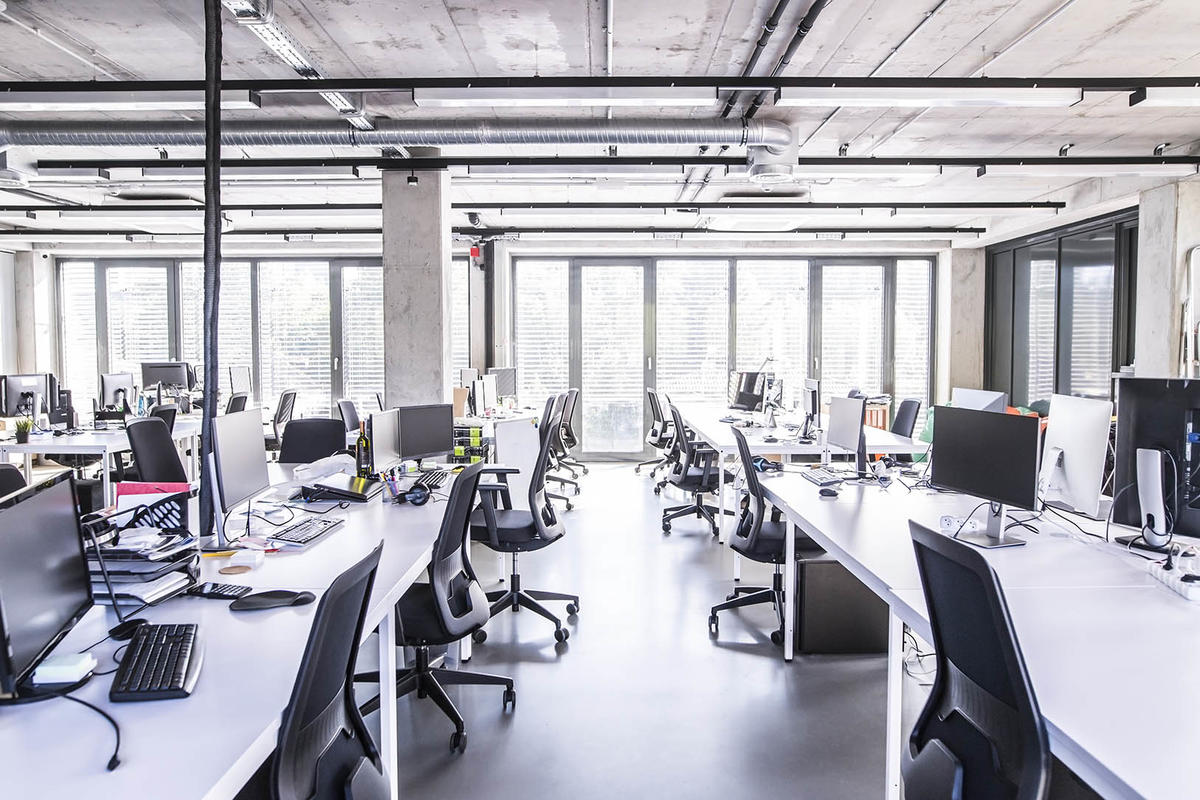“Houston, we have a problem.” Commander James Lovell issued this famous line when his spacecraft malfunctioned during the Apollo 13 mission in April of 1970. Lovell miraculously brings his crew and ship back to earth with massive help from engineers at Mission Control who improvised with whatever was available on the command ship and lunar landing module. This is the situation facing the world now six months into the Covid pandemic, as we seek to return to the workplace and to a more normal existence, while the disease continues its inexorable spread across the planet.
As part of an Edelman Trust Barometer Special Report: Workplace Trust and the Coronavirus, we spoke with 3,400 respondents in seven countries, France, Germany, India, Singapore, South Korea, UK and U.S. during the week of August 22. Here are the key findings:
- We find a big trust issue on return to the workplace. Only half of employees believe that office spaces are safe. In most countries, only a quarter or more will go back to the office before Christmas. Among employees there is no consensus on who should take the lead in making return to work decisions, with health authorities, state/local government, national government and workers themselves each earning about the same share of employee confidence (about 20 percent), a guarantee of cacophony. Of note, employees place the least amount of confidence in CEOs and senior managers to lead on return to work (only 14 percent).
- There is no agreement on essential measures that would enable a safe return to workplace. In most of the western countries, only half endorse mandatory use of masks (U.S. 53 percent, Germany 50 percent, UK 43 percent). The same goes for mandatory social distancing (Germany 51 percent, U.S. 47 percent). Among the precautions expected of employers are reduced density in workplace (45 percent), temperature checks before entry (44 percent), limit on non-essential travel (40 percent) and plastic shields between work areas (34 percent). We believe that employers will have to implement all of the above to achieve the perception of safety.
- Employees feel confident that they can work from home. Three-quarters trust their employers when they say that working remotely will not harm their career. More than two-thirds say that companies have communicated effectively on return to workplace.
- There is little appetite for return to everyday activities. Respondents had deep concerns about public transportation, with subway/metro at the bottom (29 percent) along with buses (29 percent), trains (31 percent) and taxi/ride share (32 percent) thereby compromising any belief in commuting. The travel industry will continue to suffer, with 33 percent trust in air travel, 41 percent in hotels and restaurants. While respondents place more trust in the safety of health service providers, few people have the intention this fall of entering a doctor’s office (48 percent), dentist’s office (36 percent) or health clinic (26 percent).
- We have an “info-demic”, a plethora of information, little of it credible. While over 50 percent told us they are getting most of their information on the virus from major news organizations, one-third of respondents said that they have to hear, see or read something in mainstream media three to five times or more in order to believe it. Social media is particularly distrusted, with 37 percent saying they will never believe a story if this is the only place it is viewed. Trust has become local and expert-based, with three-quarters saying that they believe their doctors or healthcare provider after the first or second discussion, followed by national health authorities and global health organizations, but only 21 percent are getting most of their information from MDs. There is a fundamental mismatch of where we are getting our information and our belief in that information.
- We face another potentially catastrophic dichotomy: a deep fear of a second wave but alarming resistance to vaccination. More than two-thirds of respondents believe there will be a second wave of Covid-19 in their countries, especially acute in South Korea (83 percent) and over 70 percent in the UK, France and Germany. But it is shocking to learn that only two-thirds of people would take a government approved, no cost vaccine when available. The most problematic countries are the U.S. and France, with 42 percent of Americans and 49 percent of French respondents unsure or determined not to take the new vaccine. The importance of these findings and the potential that public trust may further erode cannot be overstated, especially as federal health agencies in the U.S. continue to escalate their extraordinary disagreement over coronavirus treatment.
I read an op-ed in The Wall Street Journal last week by the CEO of a large real estate company saying that it was the duty of New York area employees to return to their offices so that the sandwich shop owners, taxi drivers and restauranteurs could get back to normal. Such blanket pronouncements to return to the office are not productive – especially when the CEO is leading the charge.
A confident return to work will be measured in inches
To build and sustain employee confidence over a gradual return to the office, businesses must:
- Partner with local governments and health authorities to remove the obstacles to confident return to work, including organizing safer commuting options and instituting flexible start and end times.
- Consistently fill the information void by disseminating high-quality, reliable information from expert sources.
- Follow public health mandates and stress to employees the importance of their individual responsibility to the greater good: wear a mask and physically distance.
- Use data, insist on contact tracing and testing, even of asymptomatic people, and be as transparent as possible when an employee falls ill.
- As business performance rebounds, restore salaries that were cut, pay bonuses for those that had strong performance despite Covid and promote those who have earned it.
- Create a new position of Chief Public Health Officer, as proposed by Michelle Williams, dean of Harvard T.H. Chan School of Public Health, aimed at solving public health challenges that intersect with business priorities, including the wellness of the workforce, vaccine adoption and social justice.
Looking back at Apollo 13, NASA refers to the mission as a “successful failure.” May the same be said of business leaders when people look back years from now at how we responded to the pandemic by caring for our employees, flattening the curve and restoring the economy.
Richard Edelman is CEO.






